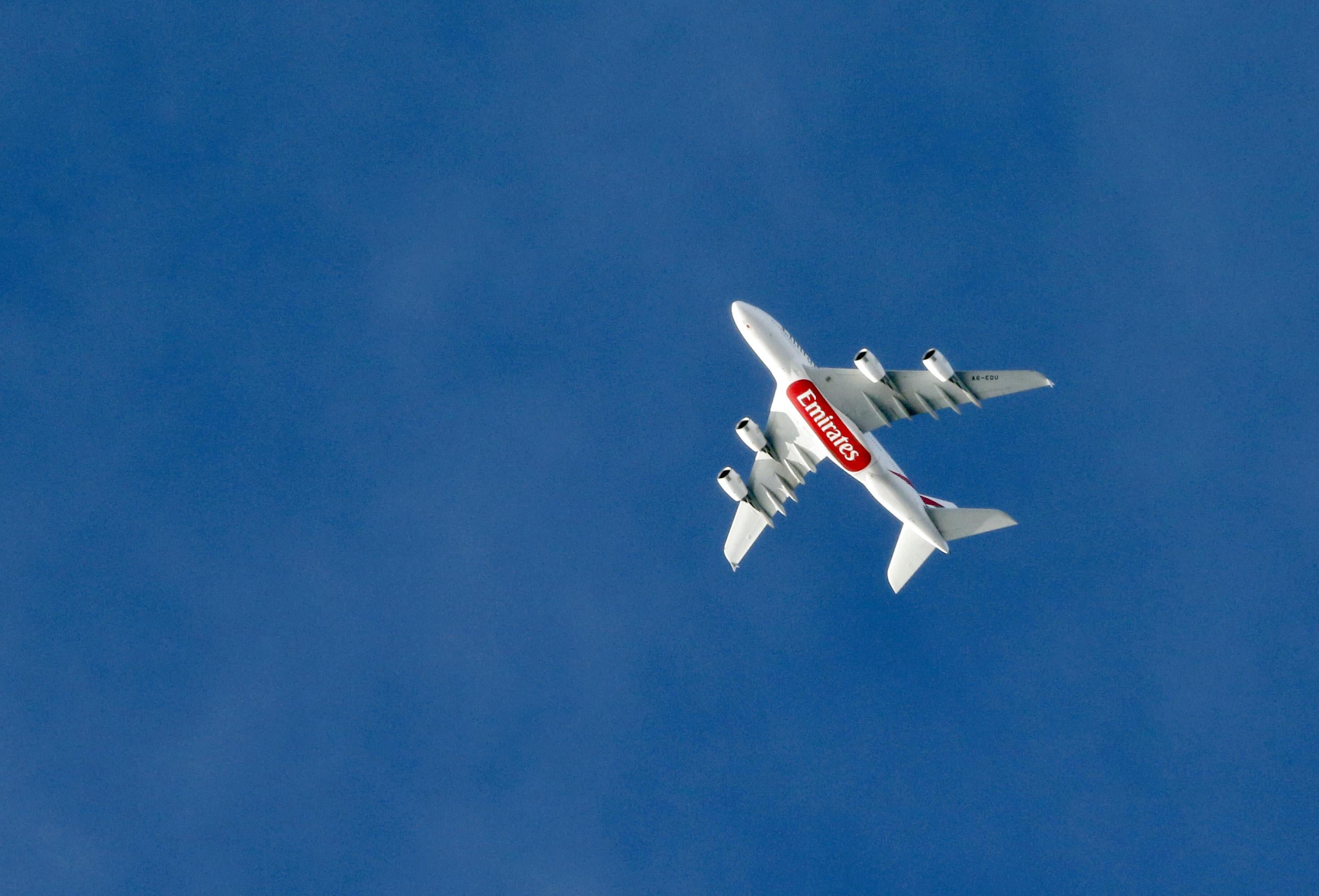I wrote yesterday that thanks to consolidation, the era of robust competition, cheap airfares, and endless losses by airlines is probably over. At the same time, I don’t see a good policy remedy. The endless airline losses in the competition era were very real, and make some kind of consolidation and greater gouging of consumers inevitable since we can’t force investors to keep bankrolling airline losses or unions to engage in endless rounds of givebacks. Some people wrote back that allowing more “cabotage”—basically foreign airlines carrying passengers on U.S. domestic routes—could be the solution. I’m skeptical.
Don’t get me wrong, I’m all for liberalizing the cabotage rules. But right now the main impact of the rules against cabotage is that they put airlines into these weird “alliances” rather than having cross-border mergers. So if you’re based in Frankfurt, Germany, and have to fly to Albuquerque, N.M., you’re probably a Lufthansa frequent flier and so what you do is take a Lufthansa/United codeshare to one of United’s hubs, and then a United flight from Chicago or Dulles or Houston to Albuquerque. Absent anti-cabotage regulations, Lufthansa might merge with United (or British Airways with American or AirFrance with Delta) and we’d have some North Atlantic superairlines. If anything, cross-border mergers could even further reduce competition (Rochester, N.Y., for example, currently has service to Air Canada’s Toronto hub and United’s Chicago hub or the other of which might be cut back if the Star Alliance partners merged).
For this to really work out well for American travelers, what you’d probably need is a sucker. Which isn’t inconceivable. For all I know, the Arab states behind Emirates Airlines or Qatar Airlines would be willing to gamble on negative-expected-value domestic American routes as a matter of national pride or domestic job creation. But in the long run, airfares have to be high enough for the airline industry as a whole to turn a profit. That hasn’t been the case during the era of competition. Shareholder and worker losses have been travelers’ gains, but the run can’t continue forever.
